World 1901-present
Some of the most profound and influential changes in world history take place from 1901 to today and covered here are many of the important and well known ones as well as some of the smaller stories. In terms of reach this section covers huge themes on diplomacy, post imperialism and economics. The articles cover the time period right up into recent events such as the State of the Union address by the US President Barrack Obama.
Sort by:
Date (Newest first) | Title A-Z
Show:
All |
Articles |
Podcasts |
Multipage Articles
-
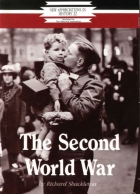
The Second World War
ArticleClick to view -
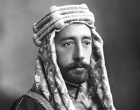
The Sykes-Picot agreement and lines in the sand
ArticleClick to view -

The origins of the Arab-Israeli Conflict
ArticleClick to view -

The shortest war in history: The Anglo-Zanzibar War of 1896
ArticleClick to view -
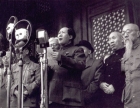
Transforming Year 11's conceptual understanding of change
ArticleClick to view -

Triumphs Show 105: Year 9s respond directly to 9/11
ArticleClick to view -

Triumphs Show 133: Little Miss Cold War
ArticleClick to view -

Triumphs Show 156: Fresh perspectives on the First World War
ArticleClick to view -

Using Google Docs to develop Year 9 pupils’ essay-writing skills
ArticleClick to view -

Using databases to explore the real depth in the data
ArticleClick to view -

WWI and the flu pandemic
ArticleClick to view -

We Remember Rwanda
ArticleClick to view -
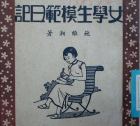
What Have Historians Been Arguing About... Chinese history?
ArticleClick to view -
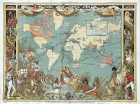
What Have Historians Been Arguing About... the impact of the British Empire on Britain?
ArticleClick to view -

Which was more important Sir, ordinary people getting electricity or the rise of Hitler?' Using Ethel and Ernest with Year 9
ArticleClick to view -

Why can't they just live together happily, Miss?' Unravelling the complexities of the Arab-Israeli conflict at GCSE
ArticleClick to view -
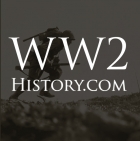
World War 2 Website
ArticleClick to view -
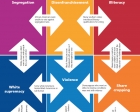
‘Its ultimate pattern was greater than its parts’
ArticleClick to view -

‘It’s More Complex Than I Assumed’
ArticleClick to view

